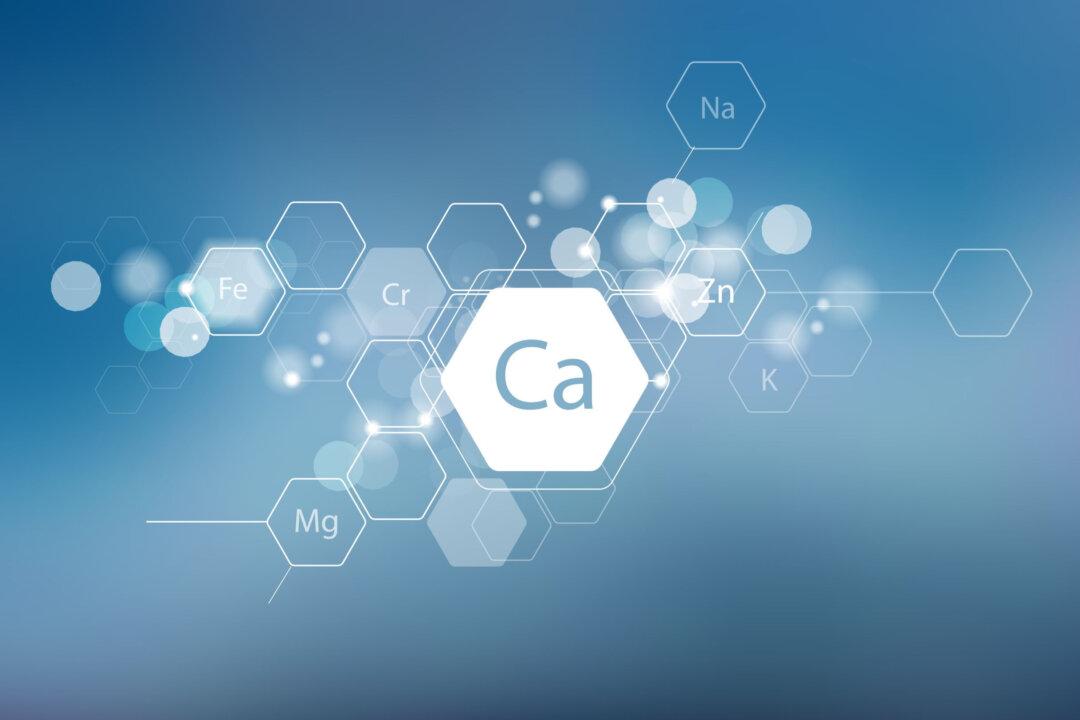Calcium can help build strong bones and help the heart, muscles, and nerves to function properly. This mineral is one of the important elements in the human body.

Shutterstock
Nancy Shang
BSc (Pharm), MSc (Pharm), Ph.D.
|Updated:

Calcium can help build strong bones and help the heart, muscles, and nerves to function properly. This mineral is one of the important elements in the human body.